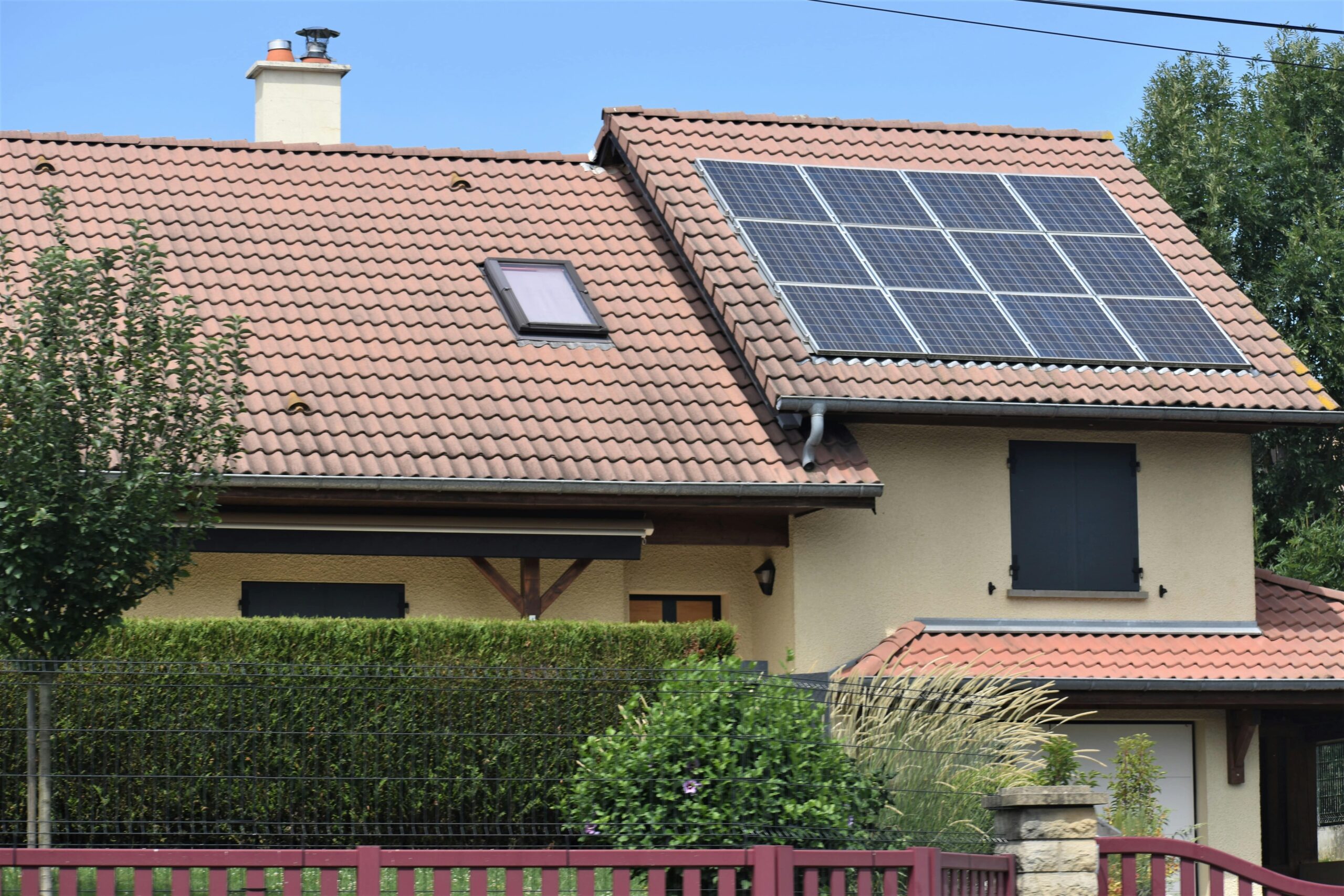- Home
- Articles
- Architectural Portfolio
- Architectral Presentation
- Inspirational Stories
- Architecture News
- Visualization
- BIM Industry
- Facade Design
- Parametric Design
- Career
- Landscape Architecture
- Construction
- Artificial Intelligence
- Sketching
- Design Softwares
- Diagrams
- Writing
- Architectural Tips
- Sustainability
- Courses
- Concept
- Technology
- History & Heritage
- Future of Architecture
- Guides & How-To
- Art & Culture
- Projects
- Interior Design
- Competitions
- Jobs
- Store
- Tools
- More
- Home
- Articles
- Architectural Portfolio
- Architectral Presentation
- Inspirational Stories
- Architecture News
- Visualization
- BIM Industry
- Facade Design
- Parametric Design
- Career
- Landscape Architecture
- Construction
- Artificial Intelligence
- Sketching
- Design Softwares
- Diagrams
- Writing
- Architectural Tips
- Sustainability
- Courses
- Concept
- Technology
- History & Heritage
- Future of Architecture
- Guides & How-To
- Art & Culture
- Projects
- Interior Design
- Competitions
- Jobs
- Store
- Tools
- More

Table of Contents Show
Homeowners and businesses alike are increasingly exploring renewable energy solutions, and solar power is leading the charge. Falling technology costs, government incentives, and growing awareness of climate change have combined to make solar panels more accessible than ever before. Beyond environmental benefits, going solar offers practical financial advantages that can transform energy consumption and reduce long-term costs.
A Surge in Accessibility and Adoption
In the past decade, solar power has shifted from being an alternative option to a mainstream energy solution. There has been a significant increase in solar installations worldwide, driven by lower costs, improved efficiency, and heightened demand for sustainable practices. Where solar panels were once considered a luxury, they are now becoming a common feature on rooftops across residential neighborhoods, commercial properties, and even agricultural facilities.
This surge is partly due to advancements in technology that have made panels more efficient at capturing energy, even in regions with less sunlight. Governments and utility providers are playing a role by offering rebates, tax credits, and favorable financing programs. These initiatives are helping households and businesses offset installation costs, making solar a more realistic option than ever before.

Reducing Energy Bills and Gaining Independence
One of the most immediate benefits of going solar is the reduction in energy bills. By generating electricity on-site, households can significantly cut their reliance on the grid. Depending on system size and energy use, some homeowners even eliminate their bills entirely. Businesses, too, see major cost savings, particularly when operating in industries with high energy demands.
Beyond financial savings, solar energy provides greater independence from volatile utility prices. As energy costs continue to rise, producing electricity at home ensures predictable expenses and a stronger buffer against inflation. For many families, this independence adds both peace of mind and long-term financial stability.
Supporting Environmental Sustainability
Solar energy represents one of the cleanest and most abundant forms of power available. Unlike fossil fuels, which release greenhouse gases and other pollutants, solar energy is renewable and non-polluting. Each installation helps reduce reliance on coal and natural gas, cutting carbon footprints and improving air quality.
For businesses, investing in solar is an operational improvement and a statement of corporate responsibility. Demonstrating commitment to sustainability resonates with consumers and partners, strengthening brand reputation in competitive markets. For individuals, going solar is a way to align personal values with meaningful action against climate change.

Increasing Property Value
Homes with solar panels often command higher resale values compared to those without. Buyers are increasingly attracted to properties that come with built-in energy savings and lower utility bills. Studies suggest that homes equipped with solar can sell faster and at a premium.
For property owners, this means solar is an energy investment and a real estate asset. The upfront costs are balanced by both long-term savings and added value when it comes time to sell.
Now is the ideal time to go solar. With falling costs, government support, and an increase in solar installations worldwide, the barriers that once kept people from adopting this technology are rapidly disappearing. Beyond immediate savings on energy bills, solar offers independence, sustainability, property value growth, and long-term reliability.
Whether for environmental responsibility, financial benefits, or future readiness, solar energy stands out as one of the smartest investments homeowners and businesses can make today. Acting now ensures maximum benefit in a world moving steadily toward renewable solutions.
Architect specializing in digital products and content creation. Currently managing learnarchitecture.online and illustrarch.com, offering valuable resources and blogs for the architectural community.
Submit your architectural projects
Follow these steps for submission your project. Submission FormLatest Posts
The Gold Standard for London: Why Experts Choose Heat Over Chemicals
London has always set the benchmark in everything from architecture to innovation,...
Burj Al Arab: Inside the World’s Most Luxurious Sail-Shaped Hotel
From its artificial island foundation to the world's tallest atrium, the Burj...
Architecture for the Future of Space Based Computing
As global interest in space-based computing grows, architect Pranita Khedkar emphasizes that...
Best Free VPN for PC and VPN Free Trial Options in 2026
Table of Contents Show Why VPNs Are Essential for Today’s PC UsersFree...












Leave a comment